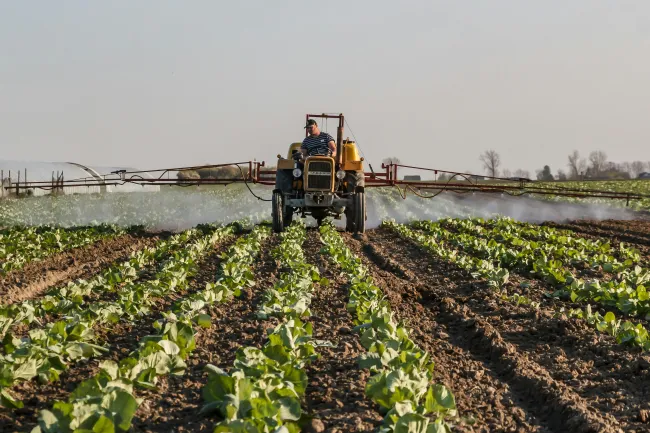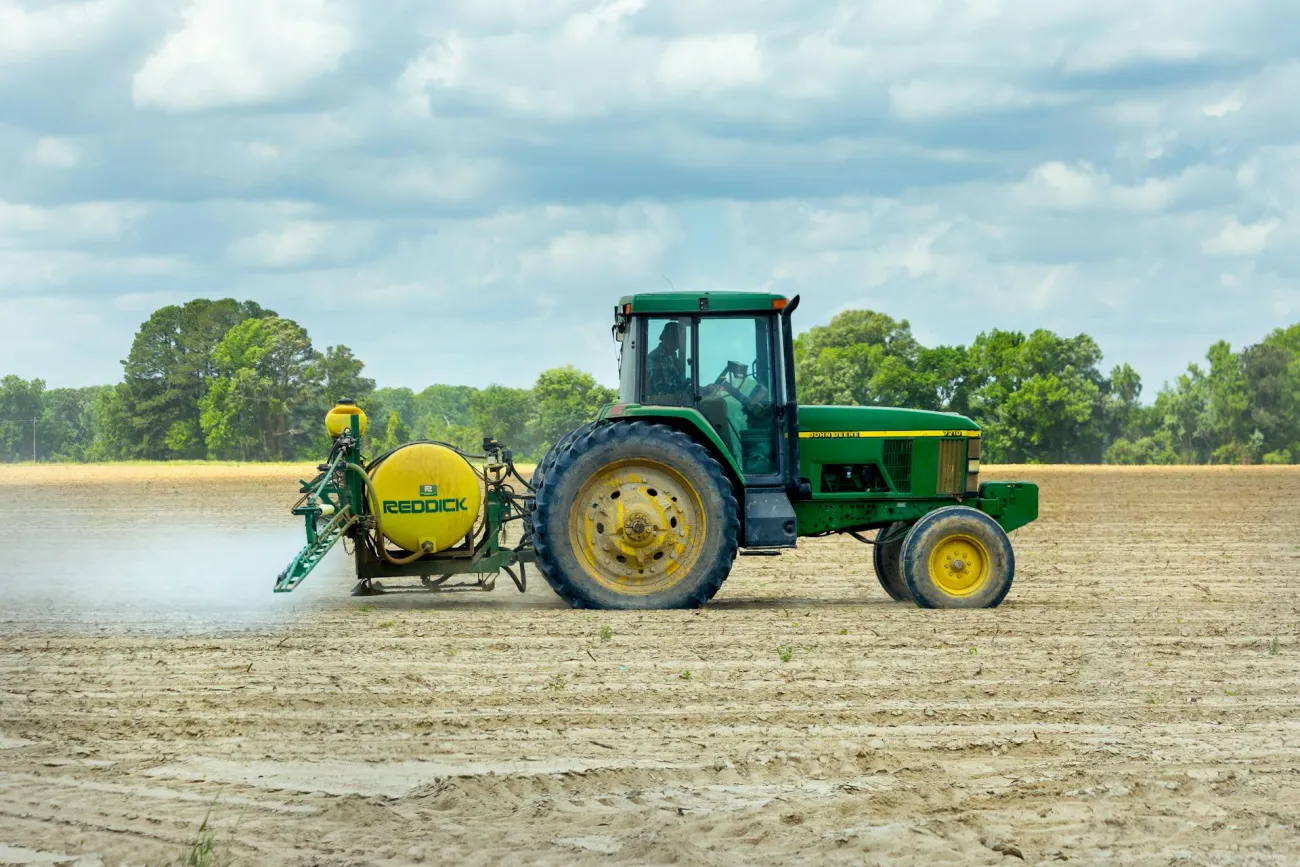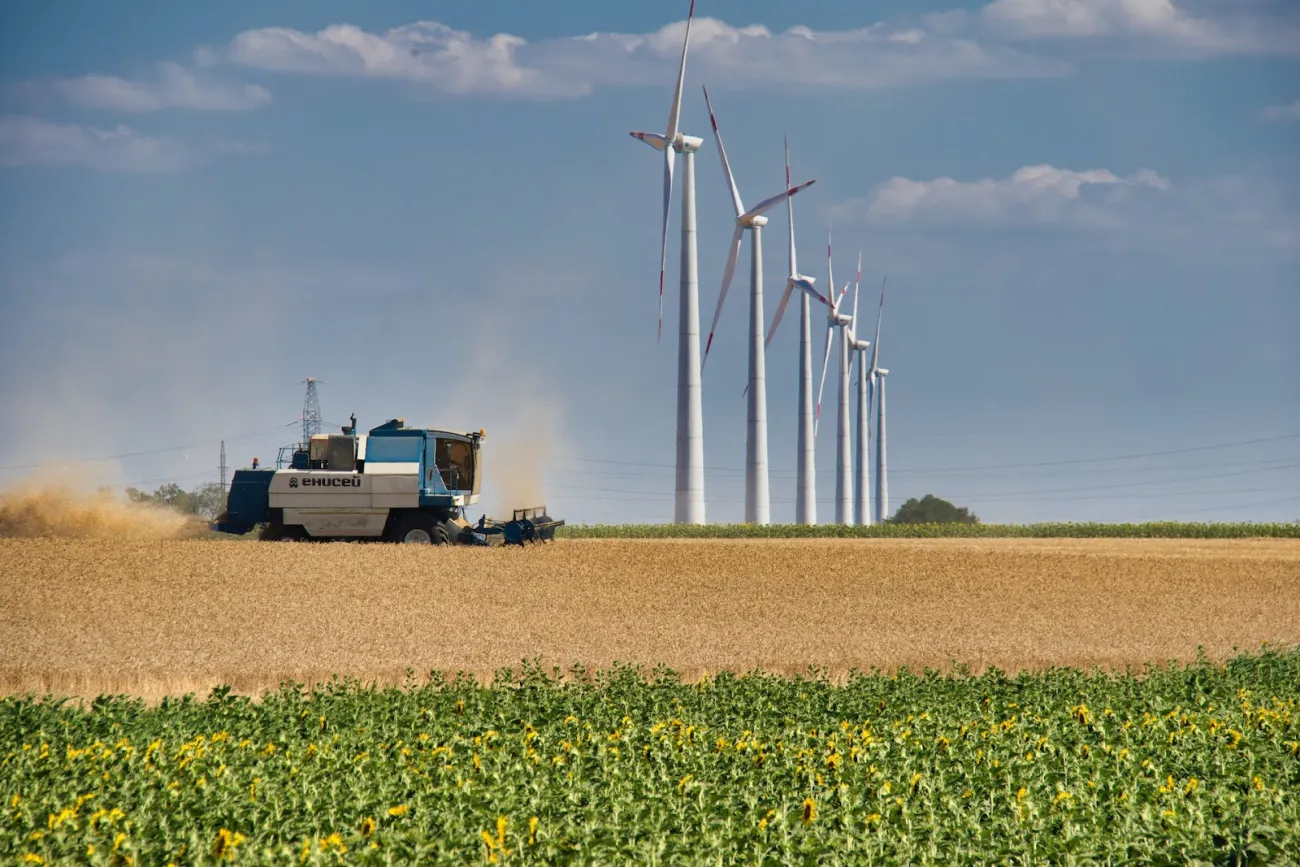This article Fertilizers Europe claims that the EU is financing Russia’s war in Ukraine by importing fertilizer and recommends domestic, low carbon domestic capacity in the EU.

Publisher’s Summary
Between the agricultural season 20/21 and 23/24, imports from Russia increased by 117% amounting to 1.78 MT in 23/24. European farmers are progressively reliant on fertilizers that fall short of meeting high production standards aimed at curbing carbon emissions and promoting environmentally friendly alternatives.
EU Imports of Russian fertilizer financing the war
On 1 October 2023, Russia introduced a temporary export duty for fertilizers of up to 10% with the specific aim of financing the war effort.
Whereas Europe reduced its dependency on Russian pipeline gas, we are now importing Russian gas in a form of nitrogen fertilizer. Moreover, on January 1, 2024, the law on tax on excess profits in the Russian Federation entered into force. The Ministry of Finance of the Russian Federation announced that for 2023 the budget received nearly 3.15 billion EUR from excess profits, of which €600 million (20%) were generated by imports of fertilizers.
This means that every tonne of fertilizer exported to the EU is contributing directly to financing the war in Ukraine.
Read more here. See also the TABLE explainer Nitrogen in the food system




Comments (0)